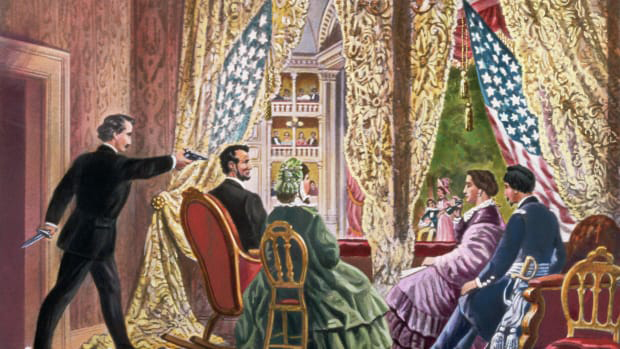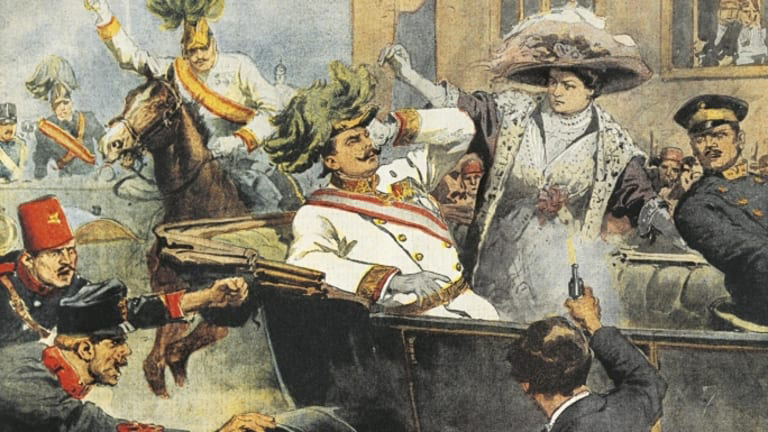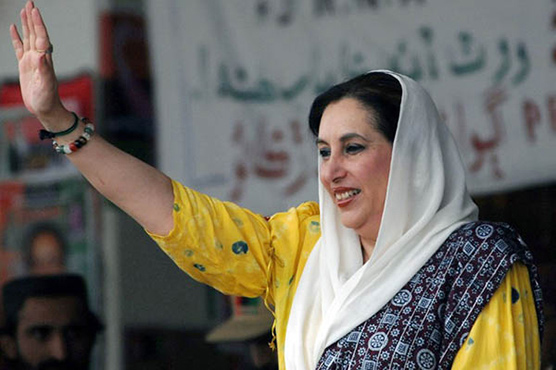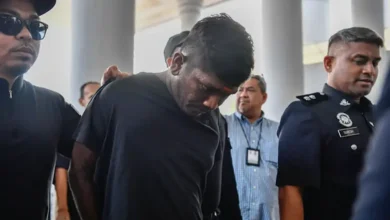5 assassinations that changed the course of history

National leaders, whose decisions affect the everyday lives of citizens, are important. However, these decisions may upset certain people, enough to push them to express their displeasure through violent means.
That being said, the death of a political leader is a shocking event for a country, but it is even more so when the death was a brutal one.
Assassinations have taken place throughout recorded history, and some have had long-lasting impacts on the years that would follow.
Here are five assassinations that shocked people and countries alike.
1. Julius Caesar, 44 BC

At the time of his death, Julius Caesar was probably the most powerful man in Rome, a successful military leader and a beloved populist. His surging popularity led to fears among conservative Roman politicians that Caesar wished to crown himself king and end the Roman republic.
Hence, a plot was hatched among his political enemies to kill him when he visited the Senate, during which he was stabbed 23 times.
He is famously believed to have said, “You too, my son?” when he saw his godson, Marcus Junius Brutus, among his killers.
In any case, the successful plot backfired as his death would ultimately pave the way for his adopted son, Octavian, to transform the republic into the Roman Empire.
2. Abraham Lincoln, 1865

With the American Civil War finally concluded, Abraham Lincoln, the 16th president, had hoped to rebuild the divided country.
But, many people were still outraged at the Confederate loss. One of them was an actor named John Wilkes Booth.
A member of a pro-slavery white supremacist group, Booth sought to avenge the south by killing Lincoln and members of his Cabinet. He carried out the deed when Lincoln was watching a performance at Ford’s Theatre in Washington, DC.
Booth shot Lincoln in the back of the head and fled the scene, shouting that the south was avenged. Booth would eventually be killed in a shootout with his pursuers.
But Lincoln’s death would have dire consequences for the recently liberated slaves. Lincoln’s successor was ultimately sympathetic to the southern states and began imposing racist legislation that would last into the mid-20th century.
3. Franz Ferdinand, 1914

Who knew that a single bullet could cause the death of millions in a global war? Well, the death of Archduke Franz Ferdinand, heir to the Austrian throne, at the hands of a Serbian assassin ultimately set World War I in motion.
At the time, Austria was still a major European power, with the Habsburg family ruling since the 13th century.
While Archduke Franz Ferdinand and his wife were visiting Sarajevo, Bosnia, they were targeted by multiple assassination attempts, all of which failed.
But when they were on their way to the hospital to visit victims of a failed bombing attempt, they happened to pass one last assassin who shot them both.
The mortally wounded archduke begged his wife to stay alive for their children in his final moments, but unfortunately, she had died on the spot.
4. Mahatma Gandhi, 1948

Probably the most famous son of India, his violent death was in contradiction to the life of peace that he led. Mahatma Gandhi was the face of the Indian independence movement, and he gained international recognition for his belief in a non-violent struggle against the British Empire.
When British India was divided into India and Pakistan, violent sectarian riots broke out – much to Gandhi’s horror. While Gandhi was opposed to partition, he saw the need for peace and compromise, even managing to calm an angry mob in Calcutta on one occasion.
However, not everyone agreed with his message, with certain Hindu hardliners accusing Gandhi of betraying his people.
One of these hardliners was Nathuram Godse, who shot Gandhi when he was on his way to a peace mission on Jan 30, 1948.
Gandhi’s death was greatly mourned in India and remains the sad end of a man who had advocated for peace throughout his life.
5. Benazir Bhutto, 2007

The first and only woman prime minister of Pakistan, Benazir Bhutto was also the first woman leader in the modern Muslim world, which made her an inspiring figure for women.
The eldest child of former prime minister Zulfikar Ali Bhutto, she founded the Pakistan People’s Party and served as prime minister from 1988 to 1990.
The Harvard and Oxford scholar largely advocated liberalism and secularism, and was an ardent supporter of women’s rights.
After going into self-exile following political troubles, she hoped to make her political comeback in 2007 to participate in the following year’s elections, promising to reduce the military’s involvement in national politics and to counter religious extremism and violence in Pakistan.
Unfortunately, her ambitions would never be realised. On Dec 27, 2007, her life came to an end when she was fatally wounded in an attack later claimed by al-Qaeda.





You must be logged in to post a comment.